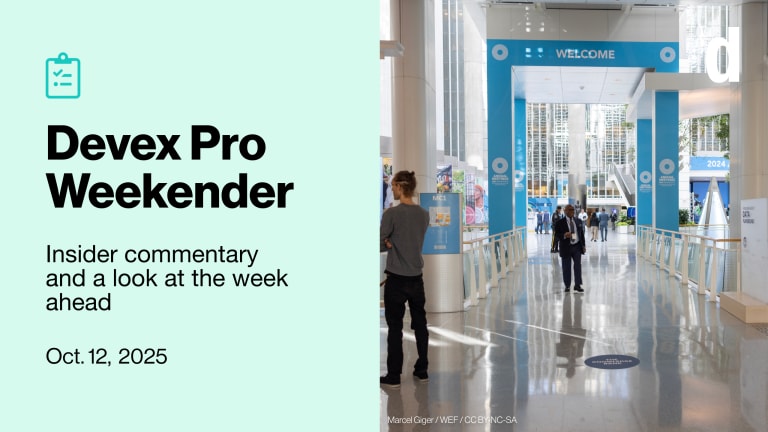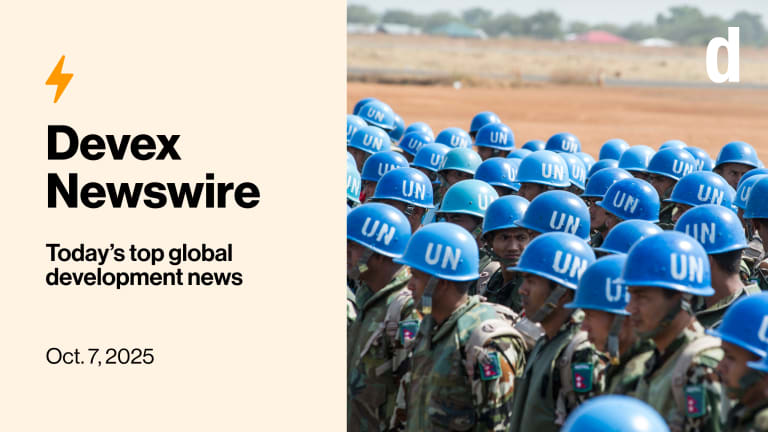
This week, the World Bank committed $500 million in budget support for Tunisia. Robert Zoellick, the lender’s chief, maps out the bank’s plan for other countries besieged by political crisis.
>> World Bank Pledges Budget Aid to Tunisia
“In many of these countries, we are trying to walk a fine line. We are trying to be active so that we can be supportive more quickly, whether it is Cote d’Ivoire or Southern Sudan or Tunisia or Egypt. But I do have to manage safety concerns, and we have to deal with the political processes as they evolve,” Zoellick said Thursday (April 14) to kick off the spring meetings of the bank and International Monetary Fund.
In Ivory Coast, the World Bank is eyeing to reactivate some its programs worth some $100 million in the coming weeks “if the security situation allows,” Zoellick said.
These programs will focus on emergency infrastructure, water services and trash pickup, as well as assistance for victims of sexual violence, the World Bank president said, pledging financial, policy, and technical to the African nation still reeling from post-election violence that erupted in December.
Zoellick said he expects to meet with Ivorian Finance Minister Charles Koffi Diby later this week.
Though the bank had held talks with Egyptian officials, Zoellick said the two sides have yet to agree on the types of support for the nation, where the three-decade regime of Hosni Mubarak was toppled in February.
Zoellick hinted that there are “some budget challenges to be addressed” in Egypt, adding that it is imperative to promote transparency and good governance in the country. Just like in Tunisia and Morocco, citizen participation would also be an important part of the Egyptian package, Zoellick said.
In Libya, the bank is “not in a position yet to deal with the transitional authorities,” but assured that the lender will help United Nations agencies address humanitarian needs.
“In addition, in Libya, we are trying to keep a general watching brief. If you recall, Libya was obviously not a borrower of [the World Bank] –we only had some general technical assistance operations–but we want to try to be in a position to best understand some of the economic challenges and ways that we can support it if it hopefully achieves the goals that the international community has set for it,” Zoellick said.
Read more development aid news.








